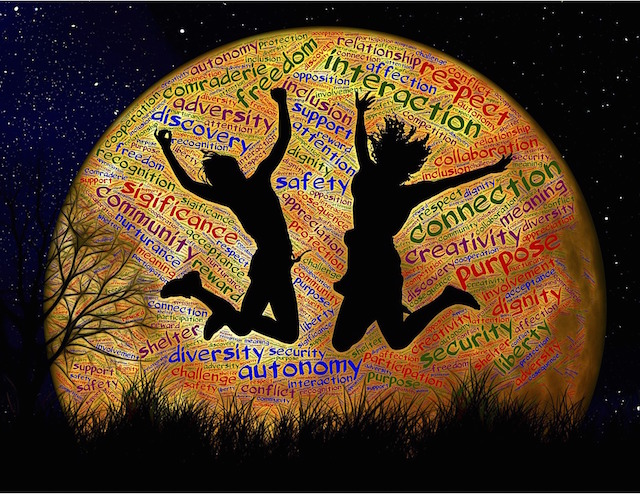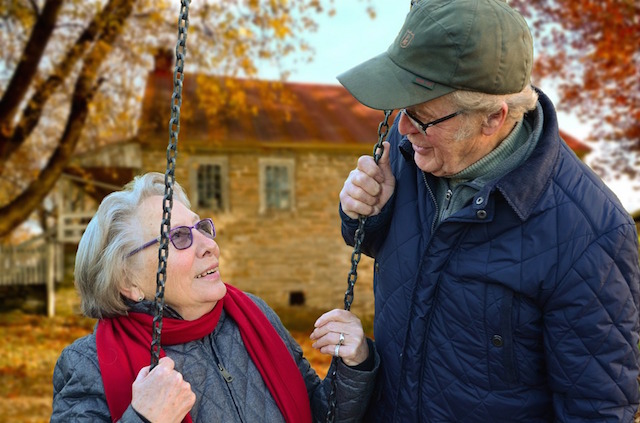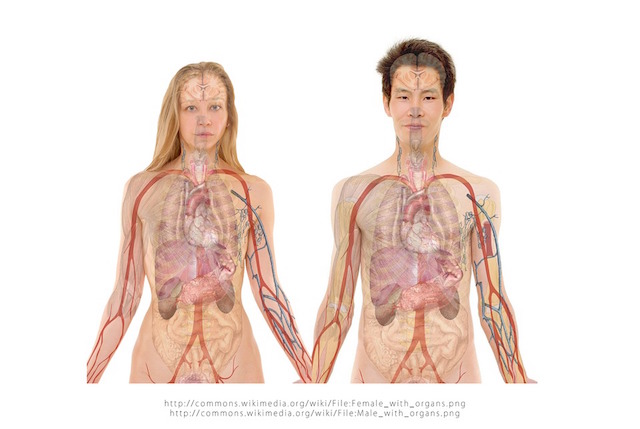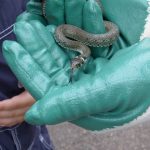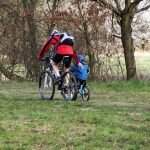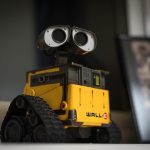In English there are two kinds of nouns – countable and uncountable. Countable nouns are names of individual things and can be made plural by adding an ‘s’ usually. However, uncountable nouns, which are names of general things or collections of things, can never have an ‘s’ on the end and are always singular.
When a countable noun is singular, you can use the article ‘a’ (which means ‘one’,) but with an uncountable noun, you can never use the article ‘a’ because there is never just one.
Examples:
A chair is cheap.
Furniture isn’t cheap. (NOT: A furniture …)
Both singular countable nouns and uncountable nouns take a singular verb.
Examples:
A chair is next to the front door.
The furniture is in the living room.
Of course, plural countable nouns take a plural verb.
Example:
Chairs are around the table.
The words some, any, a lot of and no can be used before both plural countable and uncountable nouns.
Examples:
Some chairs need to be repaired.
Some furniture needs to be repaired.
I haven’t bought any chairs yet.
I haven’t bought any furniture yet.
A lot of chairs are broken.
A lot of furniture is broken.
No chairs are needed for the meeting.
No furniture is needed for the meeting.
However, the words many, a few, and few can only be used before countable nouns. Much, a little and little can only be used before uncountable nouns.
Examples:
We have many chairs.
We have much furniture.
We have a few chairs. (a few = some)
We have a little furniture. (a little = some)
We have few chairs. (few = not many)
We have little furniture. (little = not much)
Basically, countable nouns are names of individual things, and uncountable nouns are names of general things or collections of things. For example, individual animals such as steers, pigs, chickens, lambs and fish are all countable. The meat of these animals, such as beef, pork, chicken, lamb and fish, is uncountable.
Examples:
Pigs are smart animals.
Pork is a tasty meat.
Chickens are noisy.
Chicken is my favorite meat.
Read this list of countable and uncountable nouns and you’ll see the difference:
Countables Uncountables
FOOD:
bananas / oranges / apples (etc.) fruit
carrots, celery, lettuce food
steaks, pork chops, hamburgers meat
potatoes rice
candies candy (general)
ice cream
ACTIONS:
push-ups, sit-ups, jumping jacks exercise
conversations talking (+ any gerunds)
robberies crime
***** help
naps sleep, rest
INGREDIENTS:
***** salt
***** pepper
cups of sugar sugar
bags of flour flour
***** cheese
slices of bread bread
***** oil
***** ice
jars of honey honey
LIQUIDS:
drinks alcohol
cups of coffee coffee
cups of tea tea
bottles of wine wine
glasses of juice juice
cartons of milk milk
bowls of soup soup
glasses of water water
EMOTIONS:
***** anger
***** fear
***** joy
***** sadness
***** love
***** happiness
WEATHER:
blizzards snow
storms rain
***** pollution, smog
clouds fog
***** sunshine
***** smoke
***** weather
MISCELLANEOUS:
dollars money
minutes, hours, days (etc.) time
questions information
messages, tweets, emails communication
miles, kilometers distance
songs music
cars traffic, transportation
chairs, sofas, tables, bookcases furniture
letters mail
words of advice advice
exercises homework, grammar
jobs, careers work
problems trouble
TV shows, programs TV
companies industry
stores, businesses business
***** garbage, trash
***** litter
sheets of paper paper
***** sand
***** noise
***** experience
***** patience
***** knowledge
***** beauty
***** safety
***** evidence
***** research
suitcases baggage, luggage
***** news
***** progress
hairs hair
views scenery
Your Score:
Your Ranking:
